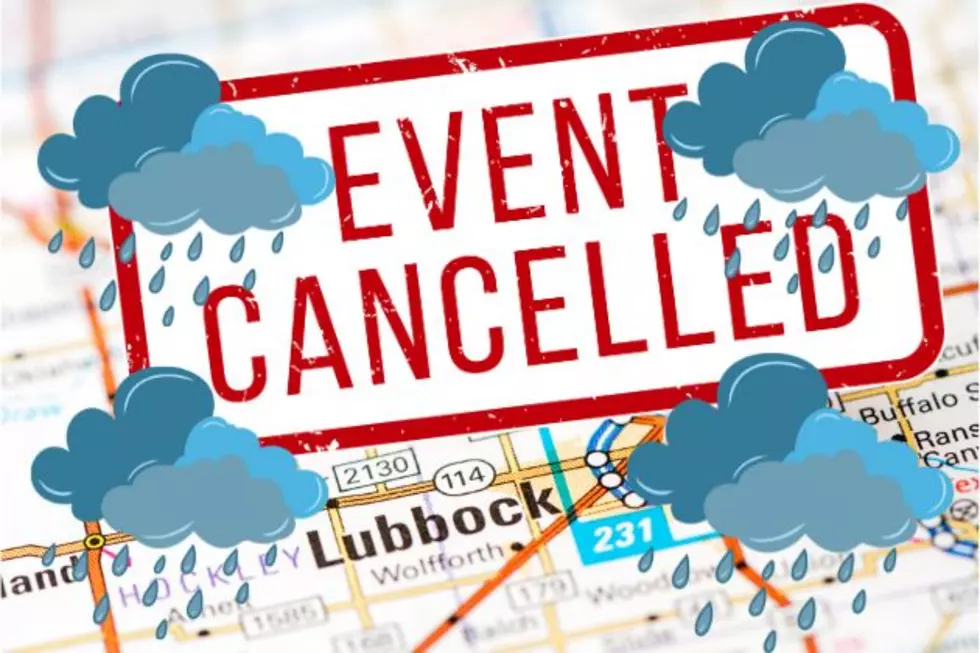Young Adults Feel the Most Stress
A new survey reveals that young adults, those part of the Millennial generation have the highest stress levels. While stress levels have been falling for other generations, younger people are more likely to have depression. According to the USA Today, stress levels for young adults has increased in the past years.
Those ages 18-33 — the Millennial generation — are plenty stressed, and it's not letting up: 39% say their stress has increased in the past year; 52% say stress has kept them awake at night in the past month. And more than any other age group, they report being told by a health care provider that they have either depression or an anxiety disorder.
The online survey of 2,020 U.S. adults 18 and older, conducted in August by Harris Interactive for the American Psychological Association, has been taking the stress pulse of Americans since 2007.
On a 10-point scale, where 1 means "little or no stress" and 10 means "a great deal of stress," the 2012 average is 4.9.
But for Millennials, it's 5.4.
"Younger people do tend to be more stressed than older people do. It may be they are more willing to admit to it. It may be a phase of life. They just don't know where they're going in life," says Mike Hais of Arcadia, Calif., a market researcher and co-author of two books on that generation, including 2011's Millennial Momentum.
But for this group, there is more cause for worry, Hais says.
"Millennials are growing up at a tough time. They were sheltered in many ways, with a lot of high expectations for what they should achieve. Individual failure is difficult to accept when confronted with a sense you're an important person and expected to achieve. Even though, in most instances, it's not their fault — the economy collapsed just as many of them were getting out of college and coming of age — that does lead to a greater sense of stress," he says.
Overall, the survey finds that 20% of Americans report extreme stress, which is an 8, 9 or 10 on the stress scale. Still, the extreme-stress report has declined since 2010, when the number was 24%. Also on the decline are unhealthy coping behaviors. Since 2008, eating to manage stress dropped from 34% to 25% in 2012. And drinking alcohol as a stress reliever dipped from 18% to 13%.
Among other survey findings:
- 35% of Americans say their stress increased in the past year.
- 69% of those with high stress say their stress increased in the past year, compared with 13% of those who report low stress (a 1, 2 or 3 on the scale).
- In the past five years, 60% of those surveyed have tried to reduce their stress; 53% are still trying.
- Top stressors include money (69%), work (65%) and the economy (61%).
- For Millennials, top stress sources are work (cited by 76%), money (73%) and relationships (59%). The economy came in fifth, at 55%, just behind family responsibilities, cited by 56%.
The news on the job front doesn't help either, suggests Matthew Faraci of the non-partisan Generation Opportunity, a Washington, D.C.-based Millennial advocacy group.
January statistics show unemployment among 18- to 29-year-olds at 13% and suggest that as many as 1.7 million young adults aren't even counted as unemployed because they've given up looking.
"For young people, the jobs picture has been persistently bleak," Faraci says.
Are you stressed? Has your stress levels gone up or down in the past year?
More From News/Talk 95.1 & 790 KFYO









